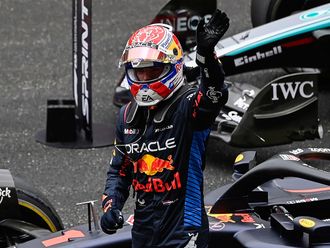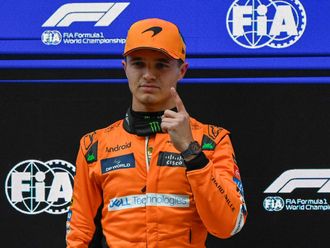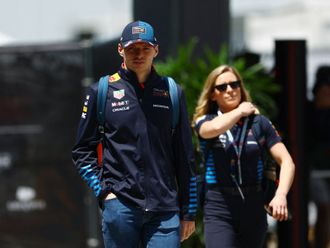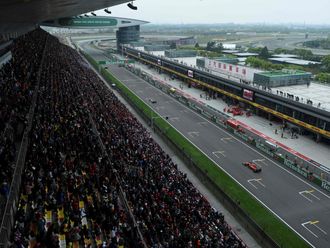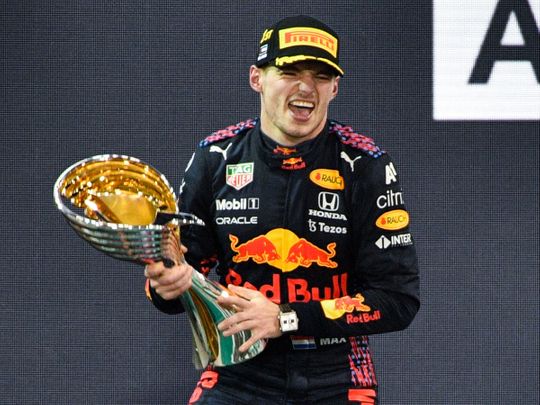
Paris: Michael Masi has been removed as Formula One race director due to the management of the season-ending Abu Dhabi Grand Prix last year which led to Max Verstappen being controversially crowned world champion.
Masi was heavily criticised for the sequence of events that led to Verstappen passing Lewis Hamilton to deprive the Briton of a record eighth title.
“Michael Masi, who accomplished a very challenging job for three years as Formula 1 race director following Charlie Whiting, will be offered a new position within the FIA,” read a statement by FIA President Mohammed Ben Sulayem.
Niels Wittich and Eduardo Freitas will act alternatively as race director, assisted by Herbie Blash as permanent senior advisor, Ben Sulayem said.
The Abu Dhabi outcome followed a key decision by Masi, prompting deep confusion and seething vitriol in some quarters - with the FIA saying the sport’s image had been tarnished as a consequence.
Hamilton led comfortably until a crash by Nicholas Latifi brought out the safety car with five laps remaining. Verstappen stopped under yellow for a fresh set of tires, and Masi flipped his decision and let the drivers separating Verstappen from Hamilton pass the safety car under yellow.
Verstappen restarted second behind Hamilton and, on quicker new tyres, zoomed past Hamilton in the fifth turn.
Mercedes lost both its protests over how the race ended.
Hamilton was utterly dejected at the way he missed out on a record eighth F1 title to move ahead of fellow great Michael Schumacher.
Although Masi was heavily criticized, though he was also in a difficult position during the race, with both Mercedes and Red Bull able to talk directly with him in a moment of intense pressure. This raised questions as to whether F1 was becoming too much of a TV show and less of a sport.


